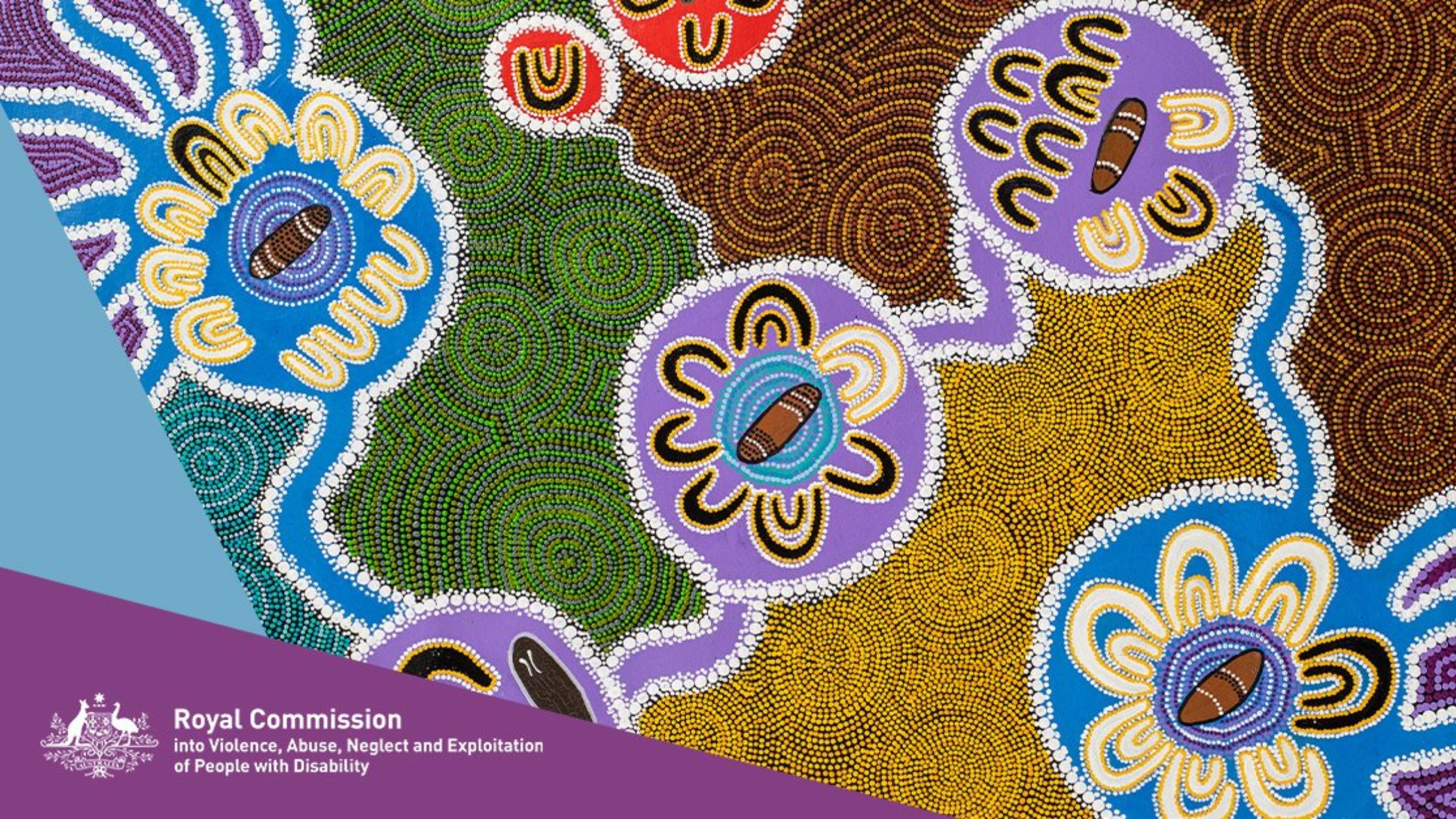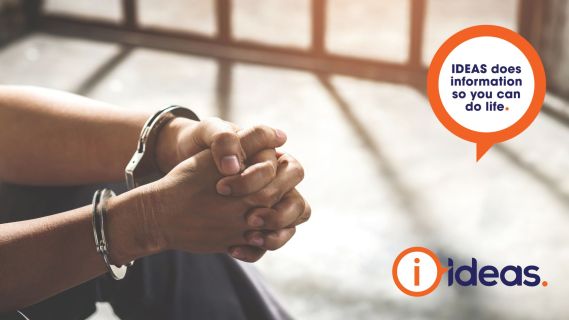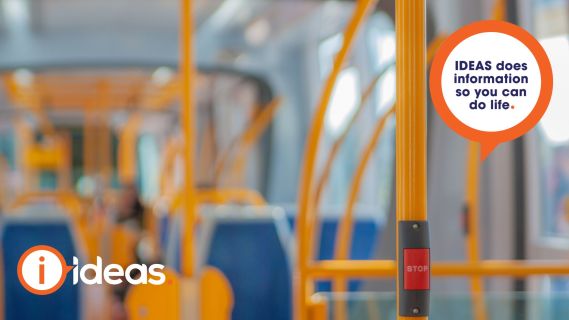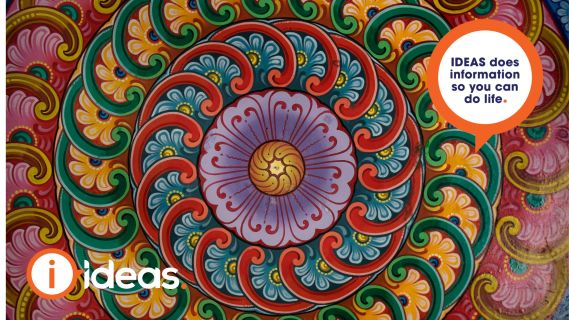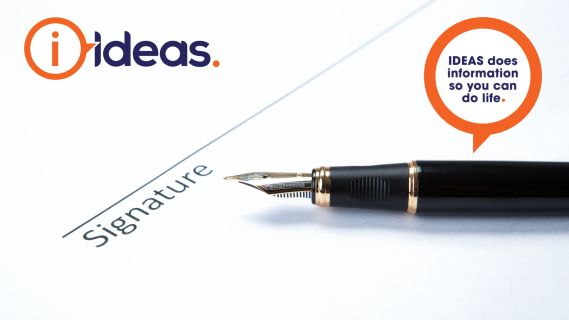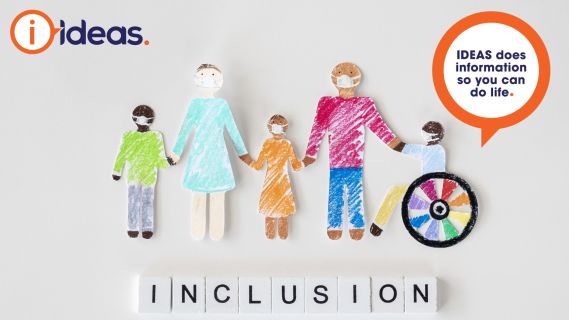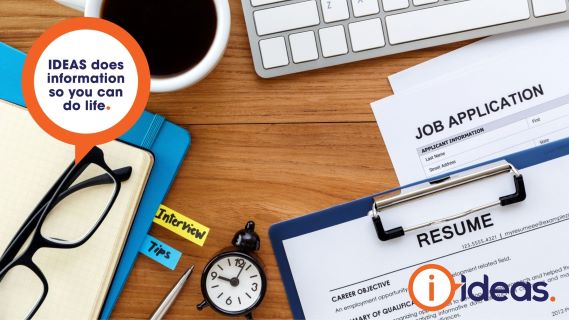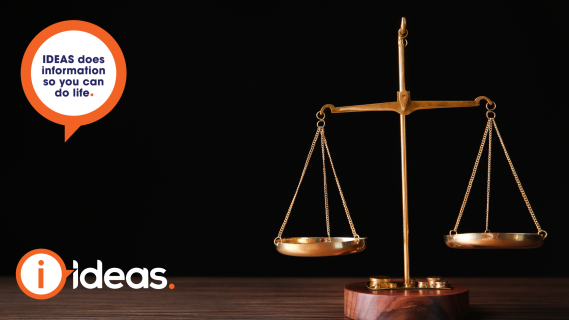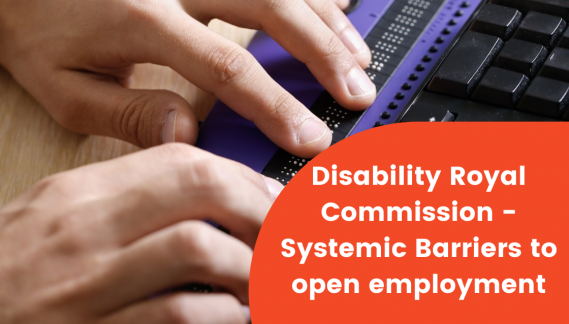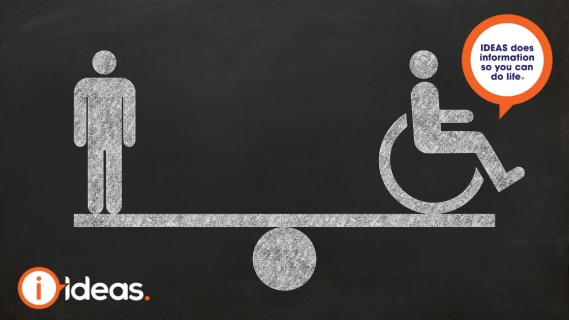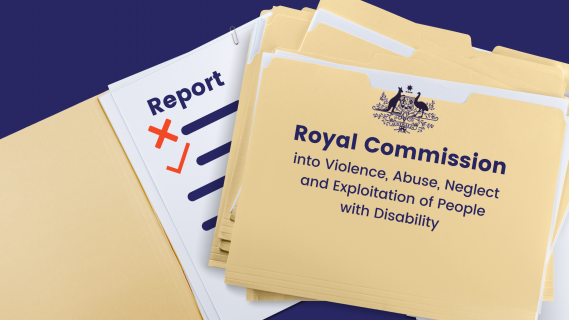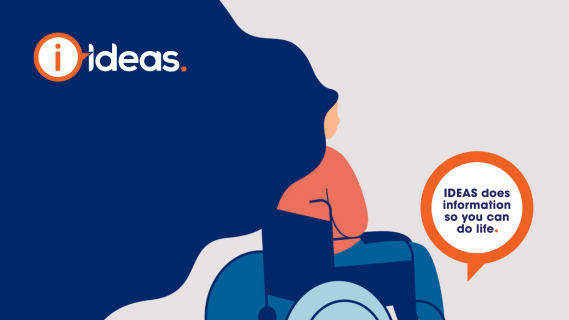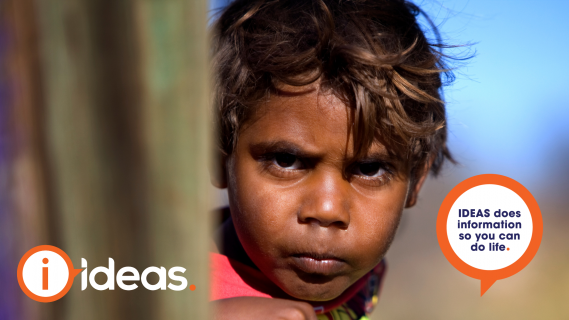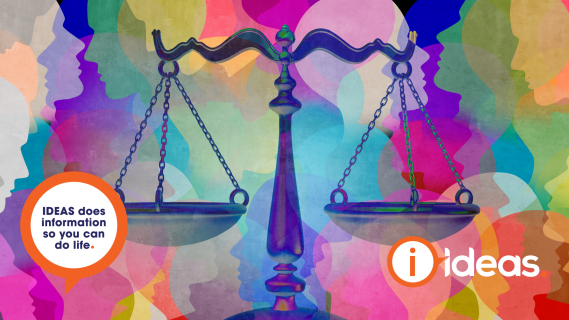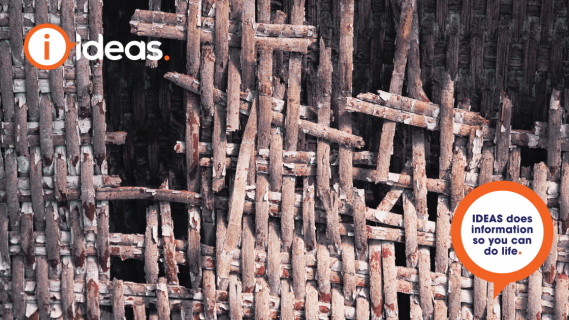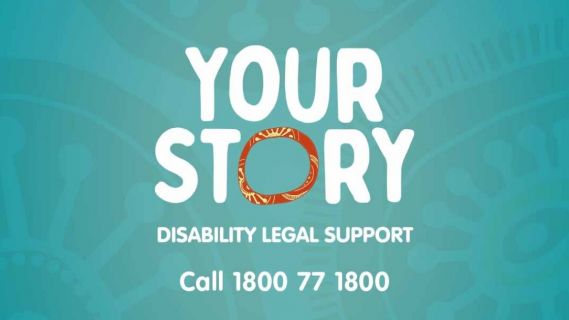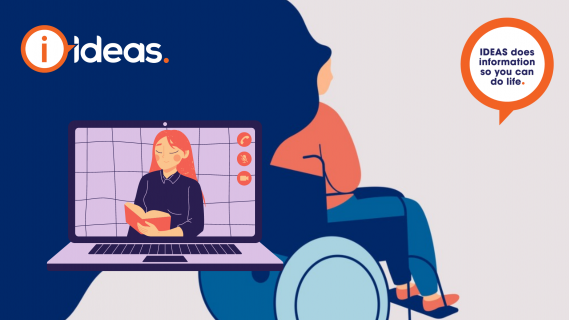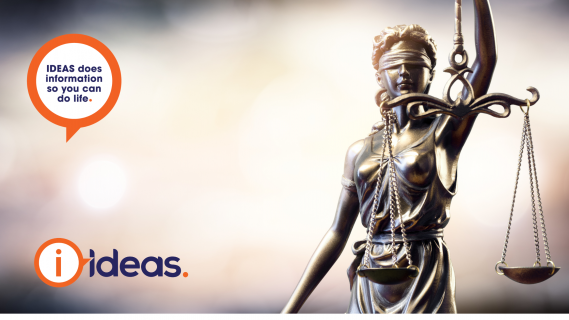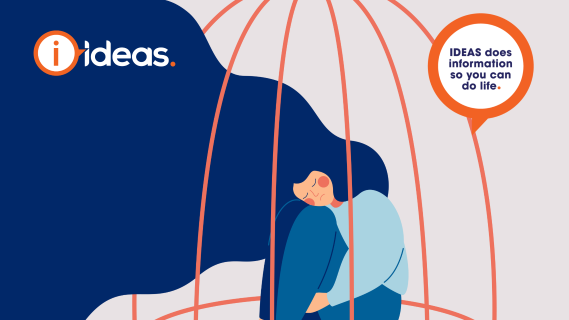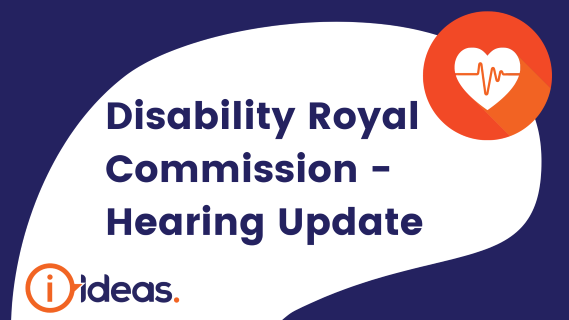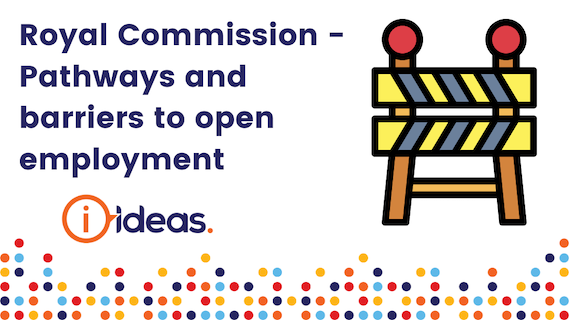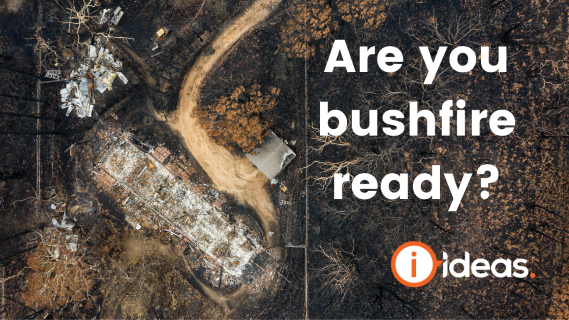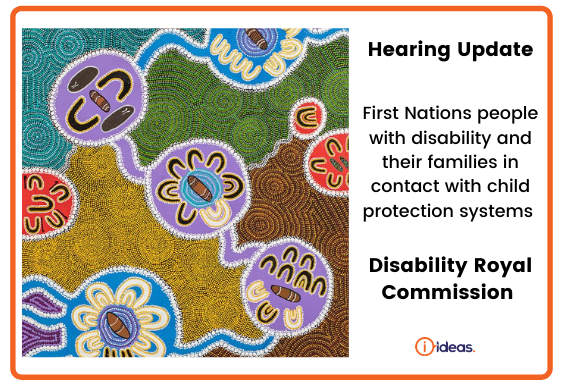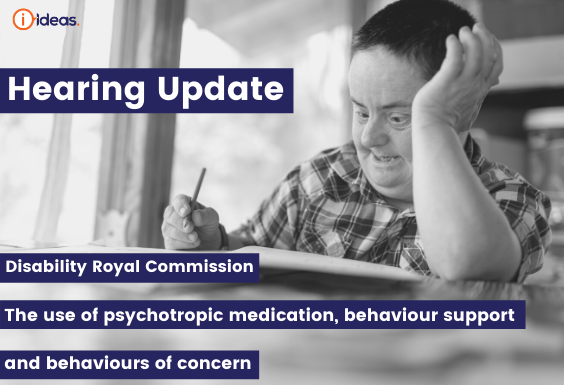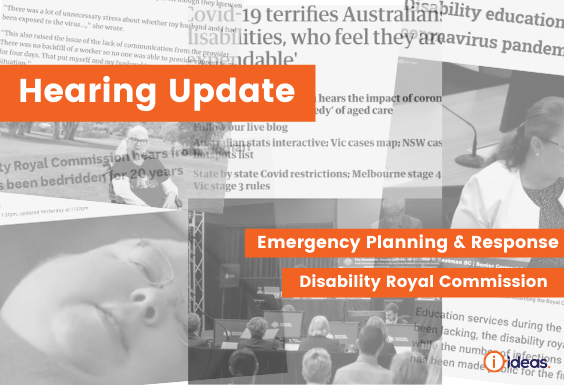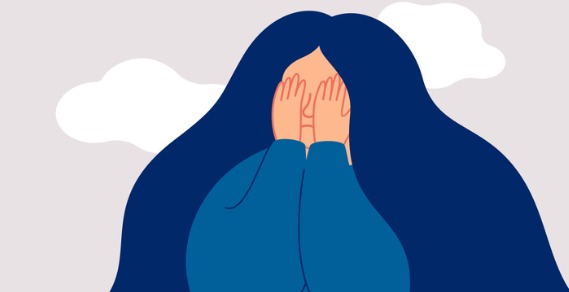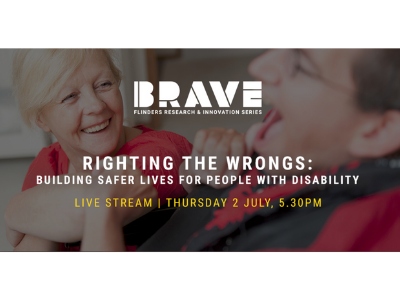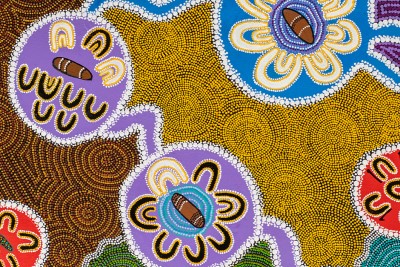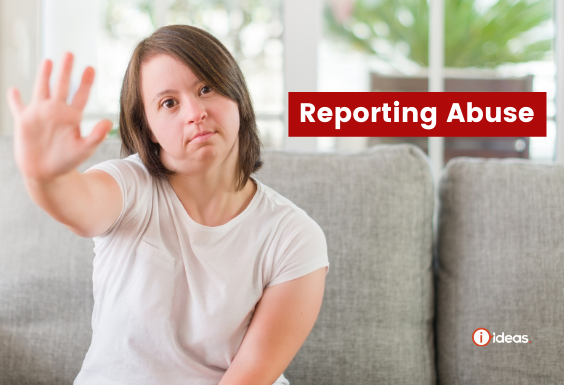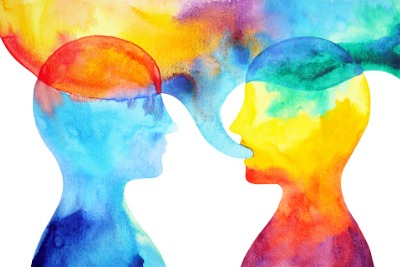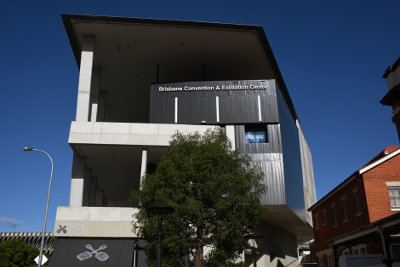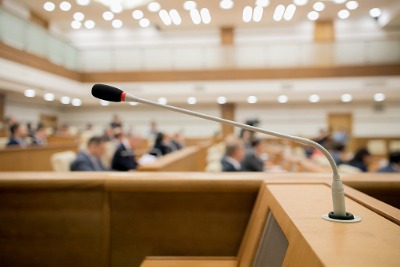Public hearing 25 of the Disability Royal Commission looks at the operation of the NDIS for First Nations people with disability in remote and very remote communities
Skip to: Live streamWitnessesTranscriptsMedia coverage Support services
Wiradjuri artist and lifelong disability advocate, Uncle Paul Constable Calcott, has depicted the Disability Royal Commission story in a spectacular work of art titled Respectful Listening (pictured).
Content Warning
Some of the stories and information below may contain details about abuse, neglect and mistreatment of people with disabilities. You can find help if you have any concerns because of this information.
How can I attend?
The Royal Commission will hold a public hearing from 11 to 15 July 2022.
The Royal Commission’s twenty-fifth public hearing will be held from 11 to 15 July 2022 (Public hearing 25) at the Alice Springs Convention Centre, 93 Barrett Drive, Alice Springs.
The hearing will be open to the public and will be live-streamed on the Royal Commission website.
The live stream and video recordings include Auslan, captions and audio-only options. There are transcripts available in PDF and DOCX formats.
What is it about?
Public hearing 25 will focus on the experiences of First Nations people with disability living in remote and very remote communities with the National Disability Insurance Scheme (NDIS).
The Royal Commission will hear from First Nations people with disability from remote and very remote communities about the barriers they face when seeking to access and fully participate in the NDIS. The Royal Commission will examine whether those barriers cause, or contribute to, violence, abuse, neglect and exploitation of First Nations people with disability.
Evidence will also be heard from Aboriginal Community Controlled Organisations, peak bodies and the Australian Government.
Evidence will be presented at the hearing about:
- The accessibility of the NDIS to First Nations people living in remote and very remote communities, including whether information about the NDIS is being communicated effectively to, and understood by, participants in the scheme
- The planning processes and funding decisions of the National Disability Insurance Agency (NDIA), including whether funding and pricing arrangements take proper account of local factors and possible solutions
- The limited availability of NDIS providers in remote and very remote communities and the experiences of First Nations people with disability who have to move away from their Country to receive NDIS services and supports
- The cultural competence and safety of staff working in the NDIA, Partners in the Community and NDIS providers, including the impacts of cultural incompetence, what standards of cultural competency training should apply, and how those standards should be assessed
- The role of Aboriginal Community Controlled Organisations in the NDIS
- Whether the NDIA’s policies and programs have been effective in addressing barriers faced by First Nations people living in remote and very remote communities to accessing NDIS services and supports
- Whether (and how) the existence, or absence, of advocacy and self-advocacy impacts the ability of First Nations NDIS participants in remote and very remote communities to navigate barriers to accessing NDIS services and supports.
The Disability Royal Commission has resources for First Nations people here.
Live stream
This live stream/recording has closed captions and Auslan translations. In addition, there is an audio-only stream option. Recordings can be accessed by clicking on Event Posts in the top right-hand corner of the video frame.Witness List
Will be added when available.
Official Transcripts
Will be added when available.
Support Services
Your Story Disability Legal Support is a free, independent legal service supporting people with disabilities to share their stories with the Disability Royal Commission safely.
The Disability Royal Commission has set up support services for people with disabilities affected by or interacting with the Commission process. These supports include counselling, advocacy, and financial and legal help. For more information and links, read our resource on Royal Commission Support Services.
The National Disability Abuse and Neglect Hotline is a free, independent and confidential service for reporting mistreatment of people with disabilities.

